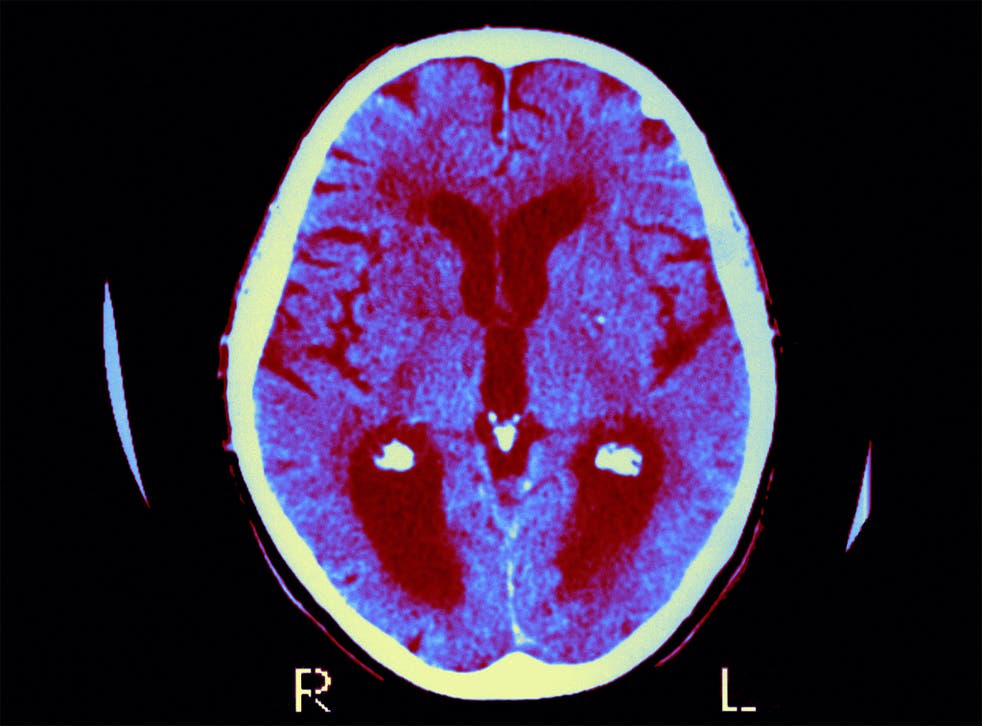A research team funded by the NC3Rs has found a link between a common Alzheimer’s-related protein and sight loss caused by aging.
Released in the journal Cells, researchers at the University of Southampton focused on amyloid-beta (AB) proteins, commonly found in patients with Alzheimer’s disease. Researchers noticed that the protein accumulates in the retina as a person ages.
In fact, according to researchers, the high levels of accumulation of the protein in the retina were shown to be evident among patients with age-related macular degeneration (AMD), a known contributor to blindness.
“This new study, published in the journal Cells, builds on previous research which shows that AB collects around a cell layer called the retinal pigment epithelium (RPE), to establish what damage these toxic proteins cause RPE cells,” a news release of the study reads.
“The research team exposed RPE cells of normal mouse eyes and in culture to AB. The mouse model enabled the team to look at the effect the protein has in living eye tissue, using non-invasive imaging techniques that are used in ophthalmology clinics,” it also states. Their findings showed that the mouse eyes developed retinal pathology that was strikingly similar to AMD in humans.”
The findings, researchers noted, provides the potential for a new pathway in treating patients with deteriorating vision. The development of potentially effective anti-amyloid beta drugs, as previously developed for patients with Alzheimer’s, may prove to be promising for diseases like age-related macular degeneration.
“As the regulators in the USA and the European Union have already given approval for many of these drugs, this is an area that could be explored relatively quickly,” the news release concluded.


